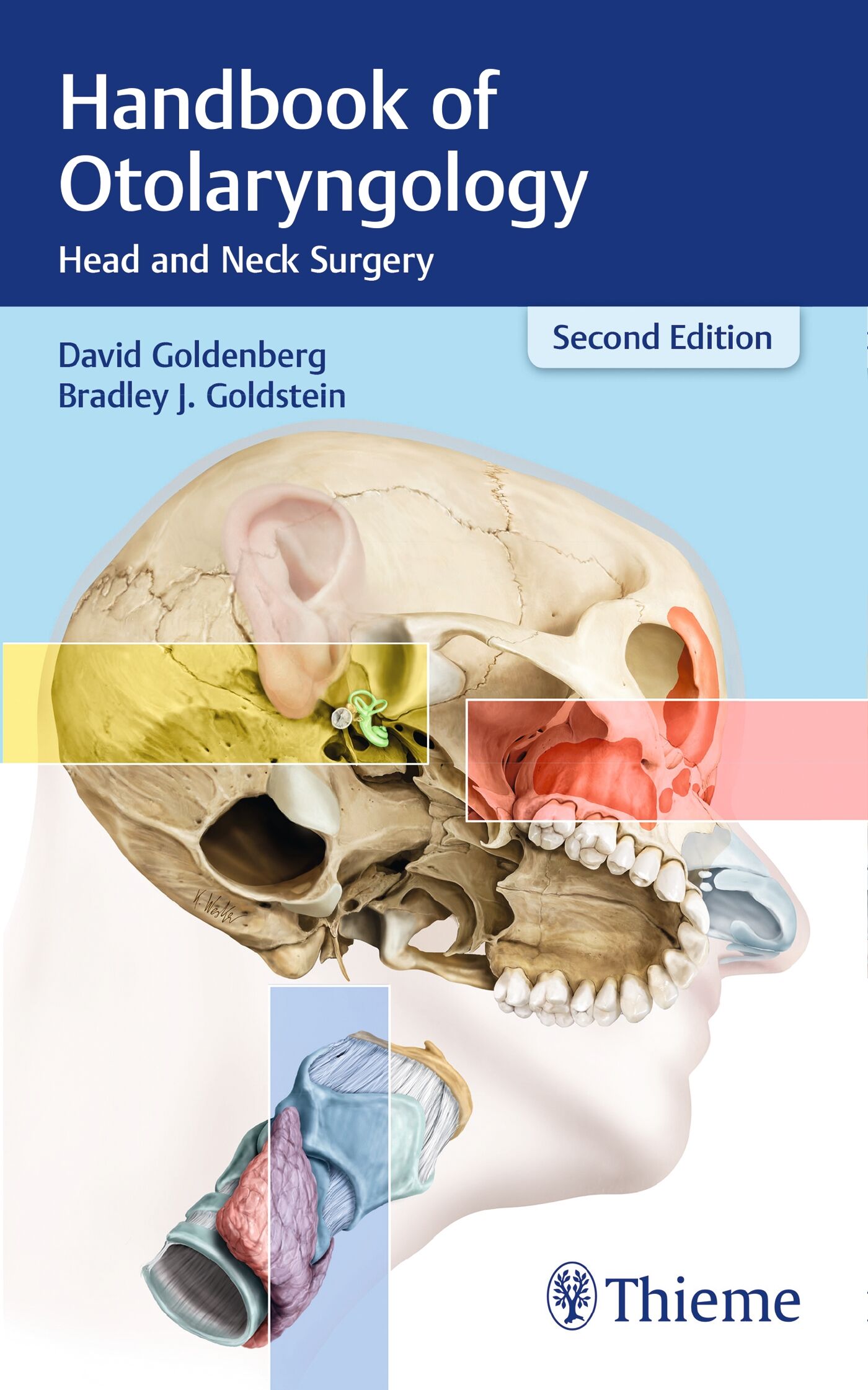Family Otolaryngology Care: What Parents Should Know
Checking out the Area of Otolaryngology: What to Expect When You Speak With an ENT
Otolaryngology, typically described as ENT, includes the diagnosis and therapy of throat, nose, and ear disorders. For those experiencing associated problems, speaking with an ENT specialist can supply clearness and relief. Recognizing what to expect during such consultations is necessary for effective communication and treatment. This overview will certainly describe crucial aspects of the ENT experience, consisting of typical factors for sees and the procedures associated with diagnosis and therapy.

Understanding Otolaryngology: A Summary
Otolaryngology, often described as ENT (Throat, ear, and nose) medicine, is a specialized branch of medicine that focuses on the medical diagnosis and therapy of conditions impacting these crucial locations of the body. This area encompasses a variety of conditions, including those relevant to hearing, balance, breathing feature, and speech. Otolaryngologists are trained to manage both surgical and medical treatments, making use of advanced techniques and technologies. Their know-how expands beyond conventional ailments, addressing issues such as allergies, sinus infections, and hearing loss. Furthermore, they play an important duty in the administration of head and neck cancers, giving complete care tailored to private person needs. Generally, otolaryngology stays necessary for preserving health and lifestyle in afflicted people.
Typical Factors to See an ENT Professional
Many individuals seek the experience of an ENT professional for a selection of reasons, reflecting the varied nature of conditions that influence the ear, nose, and throat. Typical problems include persistent sinus problems, which typically brings about relentless nasal congestion and facial discomfort. Allergies and their connected signs, such as itching and sneezing, additionally prompt check outs to these specialists (Otolaryngologist). Hearing loss, whether steady or sudden, is another considerable reason for assessment. Furthermore, people may look for examination for throat problems, consisting of persistent hoarseness or ingesting problems. Rest apnea, defined by cut off breathing during rest, is regularly resolved by ENT experts as well. Each of these conditions highlights the significance of specialized care in managing complex ENT-related health concerns
Planning for Your ENT Visit
When preparing for an ENT visit, it is important to collect relevant info and consider any kind of certain concerns. Clients ought to put together a comprehensive case history, consisting of previous ear, nose, or throat issues, surgical procedures, and present medications. Documenting signs and symptoms-- such as regularity, intensity, and period-- can supply valuable insights for the ENT professional. Furthermore, people should prepare a listing of inquiries they want to ask, ensuring that all issues are resolved during the visit. Bringing along any type of relevant clinical records or test outcomes can even more help the ENT in understanding the client's problem. Lastly, clients ought to validate their consultation information, including date, location, and time, to reduce any kind of final confusion. Proper preparation can boost the efficiency of the consultation and lead to much better end results.
What to Anticipate Throughout the Consultation
As the assessment begins, the client can expect to take part in a comprehensive conversation with the ENT professional about their signs and medical history. The specialist will ask about the period, frequency, and extent of symptoms such as hearing loss, nasal blockage, or sore throat. Furthermore, the client's previous clinical conditions, medicines, and any kind of pertinent family history will be evaluated, assisting the expert in forming a total understanding of the patient's wellness. The ENT might also ask boris bentsianov otolaryngology about way of life factors, such as exposure to irritants or irritants. This open discussion establishes a structure for the consultation, ensuring that the individual's issues are dealt with and establishing the stage for any type of required assessments or referrals for therapy.
Analysis Tests and Procedures in Otolaryngology
A variety of diagnostic examinations and procedures are essential in otolaryngology to accurately review and diagnose problems affecting the nose, ear, and throat. Usual tests consist of audiometry, which gauges hearing function, and tympanometry, assessing center ear stress. Nasal endoscopy permits visualization of the nasal flows and sinuses, while laryngoscopy checks out the throat and singing cords. Imaging methods, such as CT scans and MRIs, supply thorough views of head and neck structures. Allergy testing might additionally be conducted to determine triggers for sinus or respiratory system concerns. These diagnostic tools enable ENT specialists to develop an extensive understanding of clients' problems, guaranteeing tailored and effective monitoring plans. Appropriate diagnosis is essential for effective therapy results in otolaryngology.
Treatment Choices Used by ENT Specialists
ENT specialists provide a selection of treatment choices tailored to attend to specific conditions impacting the nose, ear, and throat. These treatments range from conventional techniques, such as drug and way of living alterations, to even more invasive treatments. For example, allergic reactions might be handled with antihistamines or immunotherapy, while chronic ent vestibular specialist sinus problems could require nasal corticosteroids or sinus surgical treatment. For hearing loss, ENT professionals typically suggest listening devices or medical interventions like cochlear implants. In cases of throat disorders, alternatives can include speech treatment or operations to remove obstructions. Additionally, they might supply assistance for taking care of sleep apnea, consisting of the use of CPAP gadgets or medical treatments. Generally, the goal is to improve patients' high quality of life via individualized care and effective treatment techniques.
When to Look For Follow-Up Treatment With an ENT
Recognizing when to seek follow-up treatment with an ENT expert is important for managing recurring symptoms or problems connected to ear, throat, and nose problems. Clients need to think about setting up a follow-up visit if signs and symptoms persist in spite of initial treatment, such as chronic ear pain, nasal congestion, or throat discomfort. Changes in hearing, equilibrium concerns, or uncommon nasal discharge might likewise necessitate more assessment. In addition, if a patient experiences adverse effects from suggested drugs or has actually undergone a surgery, follow-up treatment is necessary to monitor healing and deal with any kind of concerns. Prompt appointments can ensure reliable administration of conditions, stop prospective problems, and offer assurance relating to one's health and wellness. Looking for follow-up treatment advertises positive health management in otolaryngology.
Often Asked Concerns

What Credentials Should I Look for in an ENT Professional?
When seeking an ENT professional, one must try to find board accreditation, relevant experience, and strong patient evaluations. In addition, effective communication abilities deafness and a compassionate approach can considerably improve the general therapy experience.
Just how Do I Pick the Right ENT for My Needs?
Choosing the appropriate ENT professional includes reviewing their certifications, experience, and person testimonials (Voice). It is vital to consider their communication style and approach to treatment, guaranteeing they line up with the individual's details health needs and choices
Are There Any Threats Connected With ENT Procedures?
The threats linked with ENT treatments may consist of infection, bleeding, anesthesia difficulties, and possible damage to bordering structures. Individuals should review these threats with their doctor to recognize private issues and warranty notified decisions.
How Can I Manage Anxiety Before My ENT Visit?
To handle stress and anxiety before a consultation, individuals can practice deep breathing exercises, picture favorable end results, prepare questions in breakthrough, and look for assistance from friends or family, fostering a sense of confidence and calmness.
What Should I Do if I Experience Negative Effects From Therapy?
The individual needs to without delay report them to their medical care copyright if side results from treatment happen. Adjustments to treatment or additional treatments might be needed to assure security and performance in handling their problem - Otolaryngologist. As the consultation starts, the patient can anticipate to involve in a comprehensive discussion with the ENT expert concerning their signs and symptoms and clinical history. These diagnostic tools make it possible for ENT professionals to create a detailed understanding of clients' problems, ensuring customized and reliable monitoring plans. ENT experts provide a range of therapy choices tailored to address certain problems affecting the nose, ear, and throat. When looking for an ENT expert, one need to look for board qualification, appropriate experience, and solid patient testimonials. Choosing the ideal ENT specialist entails examining their certifications, experience, and person testimonials